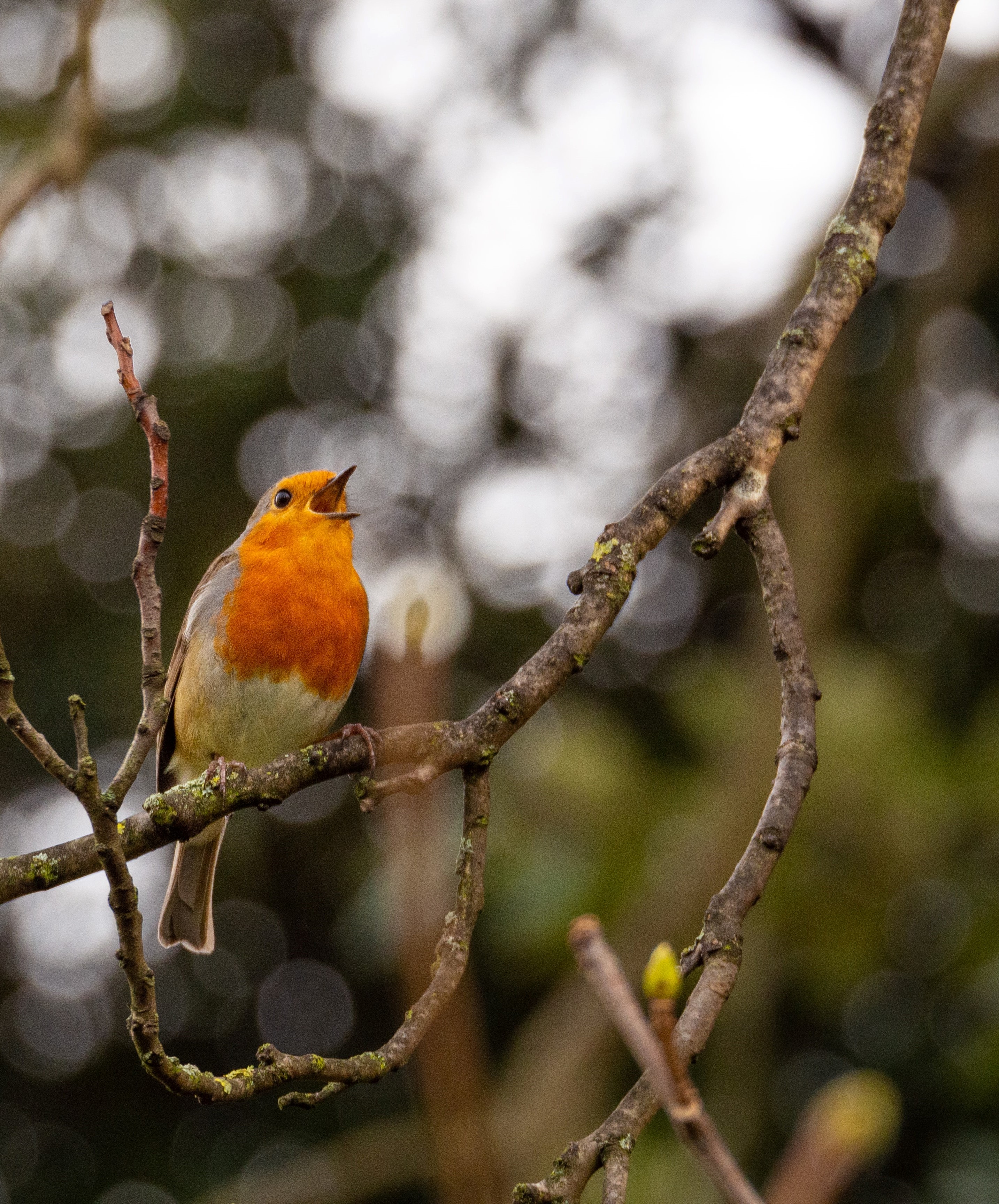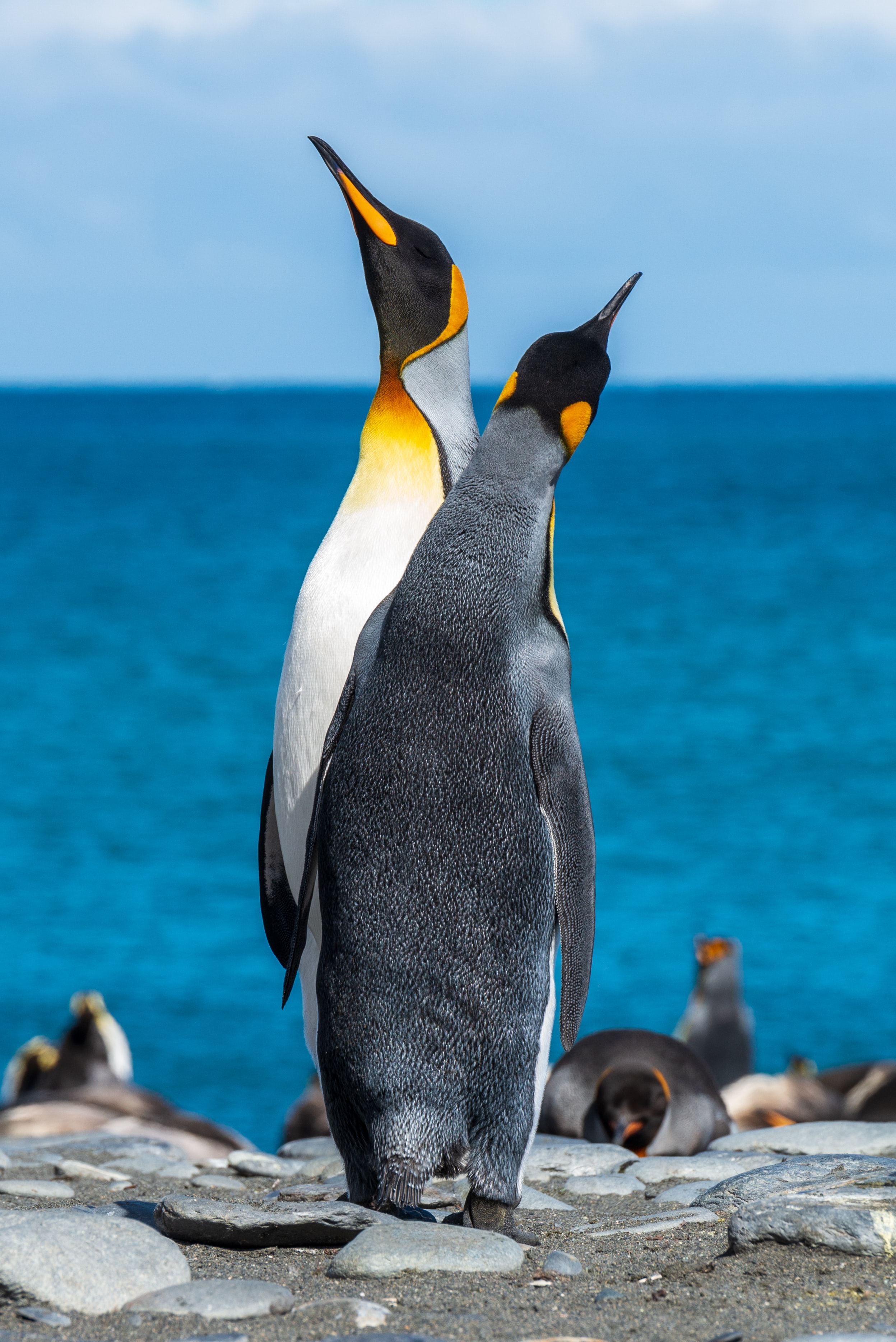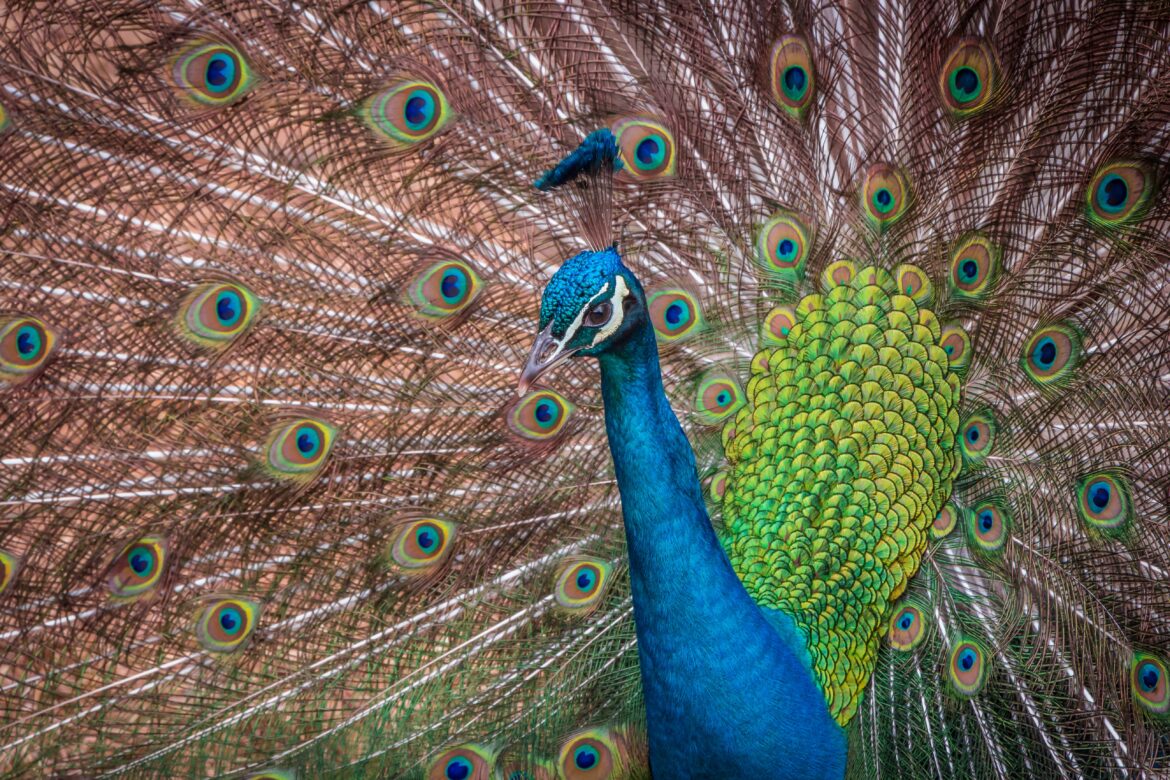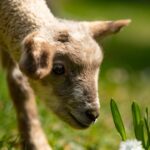The Venerable Karen Lund, Archdeacon of Manchester, reflects upon how the wonders of creation can offer a source of spiritual nourishment, both during Lent and in the midst of the covid pandemic.
Last year Charlie Macksey’s Sunday Times Bestseller The Boy, The Mole and The Fox joined the top ten books we were reading. And many of us turned to literature as a way of supporting our mental health in the lockdown.
Many of us also marvelled at the re-emergence of obvious audible bird song. Song that was usually out of our hearing due to traffic noise and just the everyday sounds of people and life. But it was so good to hear them. How they demanded our attention at the same time as giving us so much pleasure. I observed that these bird conversations were being had all around the country, and not just around fabulous bird sanctuaries or reserves.
 Socially distanced conversations took place behind masks in urban and rural settings, amongst the amateurs and the professional tweeters. The experience felt good. There was also a renewed creaturely connection, recognition and a sense of rightness.
Socially distanced conversations took place behind masks in urban and rural settings, amongst the amateurs and the professional tweeters. The experience felt good. There was also a renewed creaturely connection, recognition and a sense of rightness.
Or is this a too romantic a notion, and has proved to be a temporary and fleeting moment in an adjusting pandemic world?
I also found myself reading more and reading differently, but over Christmas, I unearthed the DVD of the BBC’s Planet Earth with the mellow tones of Attenborough’s narration.
Inevitably, earthy footage reminded me of the harshness of nature. The cycle of predator and prey, prey and predator taking turns to submit themselves and then again to become the ones enforcing submission. I have to admit that often, I needed to look away from the screen at the rawness of life on planet earth and the challenges for all species, including our own.
Lent might be a moment in the church calendar when we would rather look away and just wait quietly for Easter to arrive. But Lent could be the opportunity to face our own challenges and realities, to not be afraid of them and find God in it.
Mostly, we are knowledgeable about the psychological and physical benefits of owning a pet. [PDSA figures: 10.1 million dogs and 10.9 million cats owned by adults] The cuteness factor alone is sufficient to utilise our zygomatic muscles and those of us who do live in the dog world, will know that far from the human taking the dog for a walk, it is often the other way around. ‘Spot’ is usually ready with the lead and sitting by the door long before his/her owner. ‘Spot’ is also ready to go out in all seasons.
So what is the analogy here? Is Lent mostly about submission and intentionally learning about God the hard way or is it a liturgical season that invites us to work a little bit harder, in a way that will impact our future discipleship, and encourage us to see value in every spiritual season of our lives. Is it gruesome or more of a charming encounter in the church year until we get back to Ordinary time?
Lent encourages us and invites us to a self-invitation to discover more about ourselves in relation to God, and in imitation of Christ. For me, Lent is a time in the Christian calendar that is analogous to Planet Earth where we intentionally grapple with the more fibrous bits of ourselves through a kind of spiritual obstacle course, knowing that at the end, we shall proclaim ourselves as conquerors, overcomers, new learners or in the Paschal language of the church, we unite ourselves with the resurrected Christ. The skill is to identify the narrative of truth that we hold and allow ourselves to be challenged.
Lent comes at the time of year, when the earth is still dark and we can make a choice to earth ourselves, beginning with the earthy ritual of Ash Wednesday; then to look to the earth again, to help us in becoming more spiritually open to God.
 For every effort spent in doing the work in the rhythm of Lent; we will be rebirthed in some way in our lives for our personal benefit, but more importantly for the benefit of the whole.
For every effort spent in doing the work in the rhythm of Lent; we will be rebirthed in some way in our lives for our personal benefit, but more importantly for the benefit of the whole.
We see this stamina in the animal world when hunger drives the instincts of animals to ensure that their offspring are fed and watered, sometimes in the harshest of conditions. The male penguins in the Antarctic who fiercely guard the egg through conditions that are unremitting, and the females who travel for miles and months for food. If you have not yet seen this amazing moment in the life of the Antarctic penguin, then I recommend streaming or borrow a copy of Happy Feet or Planet Earth.
Do you feel a spiritual hunger that will exercise your stamina and levels of resilience? Are we willing to offer our Lent to test this out in the harshness of a spiritual Antarctic in life?
And there will be times on our Christian pilgrimage when it just doesn’t seem doable. Lent is in part about letting our hunger instincts for God go that extra mile, knowing that we are not alone in our endeavour.
When life is dark or cold, our seeing is limited and adjustments need to be made. At first, we can’t see anything at all, but we call and pray for the spiritual gift to see the light that is always there in the darkness.
My two dogs on occasions will simply sit beside their food bowls patiently, sometimes letting out a “haven’t you forgotten something?” bark, but are confident that the human that loves them has not abandoned them. The food always arrives eventually.
Spiritual learning never comes all at once – wonderfully, there is always more. Lent is an opportunity for the more. Marvelling at the way it just keeps on coming, and how much more the animal kingdom can teach us. Learning afresh our interdependence. Learning again the art of waiting, sharing, listening, growing and being.
The Venerable Karen Kund is the Archdeacon of Manchester. Karen is married to Richard and she has one son. Her interests include vegan nutrition, bird watching and walking. She also enjoys music and particularly playing her flute and guitar.




